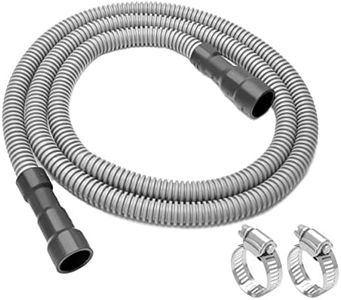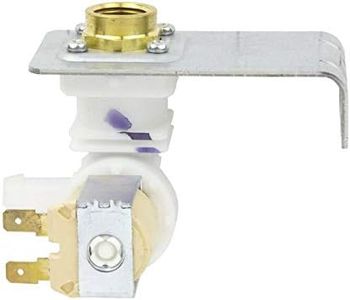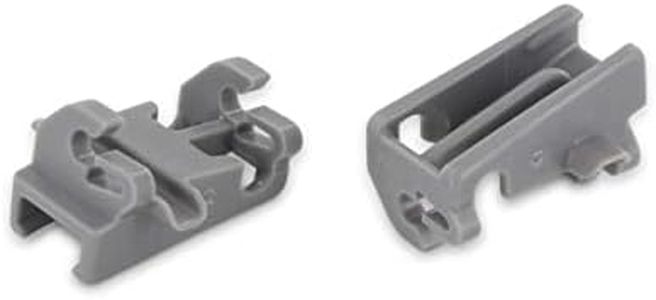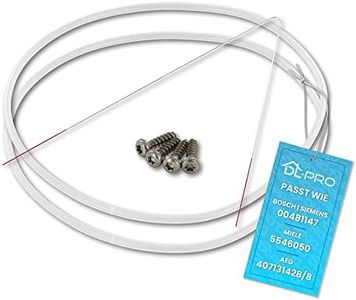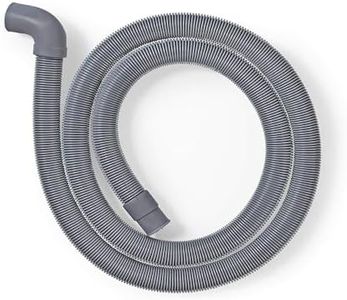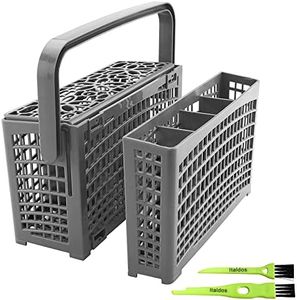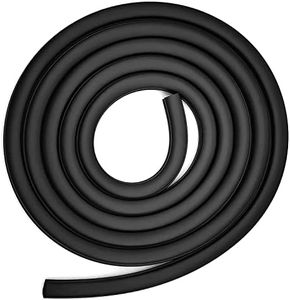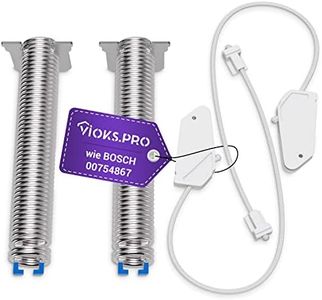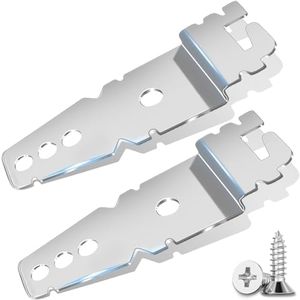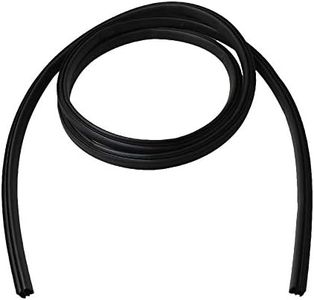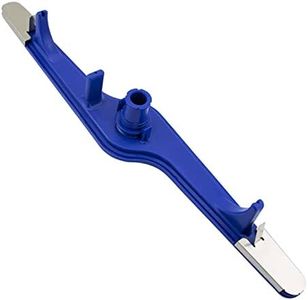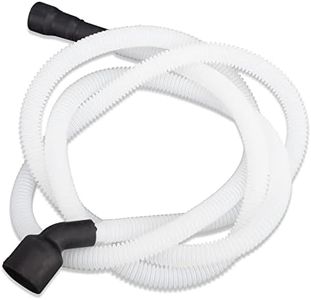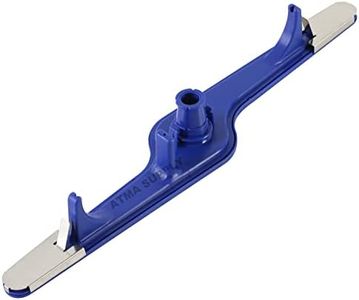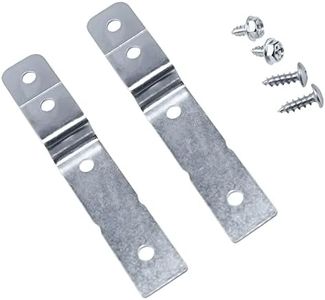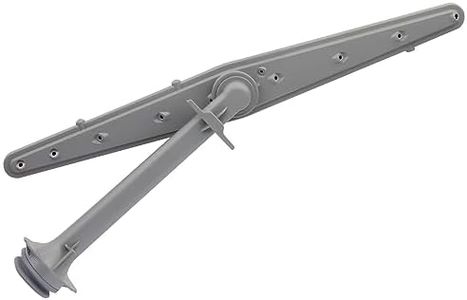We Use CookiesWe use cookies to enhance the security, performance,
functionality and for analytical and promotional activities. By continuing to browse this site you
are agreeing to our privacy policy
10 Best Dishwashers
From leading brands and best sellers available on the web.By clicking on a link to a third party's website, log data is shared with that third party.
Buying Guide for the Best Dishwashers
Buying a dishwasher can make your kitchen chores much easier, but picking the right one can sometimes feel overwhelming. The key to choosing a dishwasher that suits you best is to consider your household size, your typical dishwashing needs, and any particular features you might find helpful. Pay attention to the dishwasher's size, how many dishes it can handle, how efficient it is in terms of energy and water use, how loud it gets during operation, and whether it has cycles or features that match your habits. Understanding what matters most to your household will help you pick a dishwasher that fits seamlessly into your routine.CapacityCapacity refers to how many dishes, or 'place settings', a dishwasher can hold in one load. It's important because it determines how often you'll need to run the dishwasher and whether it can handle the size of your family or entertaining needs. Small dishwashers usually fit 8-10 place settings and are great for singles, couples, or small kitchens, while standard/full-sized models hold 12-16 or more, suiting larger families or frequent hosts. To pick the right capacity, think about how many dishes you create daily and whether you want to wash pots and pans along with dishes.
Size and TypeDishwashers come in different sizes and installation types: full-size (typically 24 inches wide), compact/slimline (about 18 inches), and portable or countertop models. Size is crucial if you have limited kitchen space or specific cabinetry. Full-size dishwashers offer more space but need a larger spot, while compact models fit tighter kitchens or apartments. Portable and countertop dishwashers are best if you can't install a permanent unit. Measure your available space before deciding, and pick a type that fits both your kitchen and lifestyle.
Noise LevelNoise level measures how loud the dishwasher is when it runs, given in decibels (dB). Quieter dishwashers operate in the low 40s dB, which is barely noticeable, while louder ones might reach the 50s dB or above, which could be disruptive. This is especially important in open-plan homes or if you run the dishwasher at night. If you value peace and quiet, look for lower decibel ratings. If your kitchen is separate or noise isn’t a main concern, a higher decibel level may be acceptable.
Wash Cycles and FeaturesWash cycles and extra features determine what kinds of loads the dishwasher can handle and how flexible it is. Basic models might offer a few standard cycles (regular, heavy, quick), while advanced models include delicate/glass settings, sanitized rinses, or eco cycles. Some dishwashers have helpful features like delayed start, half-load, adjustable racks, and soil sensors. To pick wisely, think about the kinds of dishes you use (delicate glasses? big pots?) and whether convenience features matter to you, like running loads when you’re asleep or away.
Energy and Water EfficiencyEfficiency tells you how much energy and water the dishwasher uses. More efficient models save money on utility bills and are better for the environment. Look for recognized efficiency certifications and compare estimated yearly energy and water usage between models. If you run frequent loads or want to be eco-friendly, choose a model with strong efficiency ratings; if you wash only occasionally, this might matter a bit less.
Drying PerformanceDrying performance is how well the dishwasher dries dishes at the end of the cycle. Methods include heated drying, fan-assisted drying, or condensation drying, each with different effectiveness and energy use. If you want dishes ready to put away immediately, prioritize models with better drying technologies. If you don’t mind air-drying or drying by hand, this may not be a priority for you.
